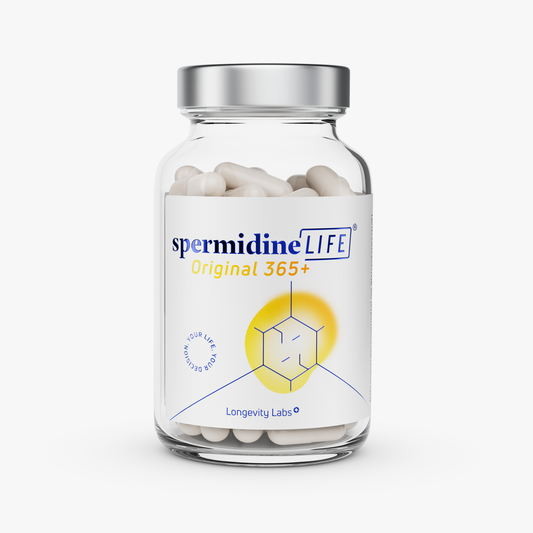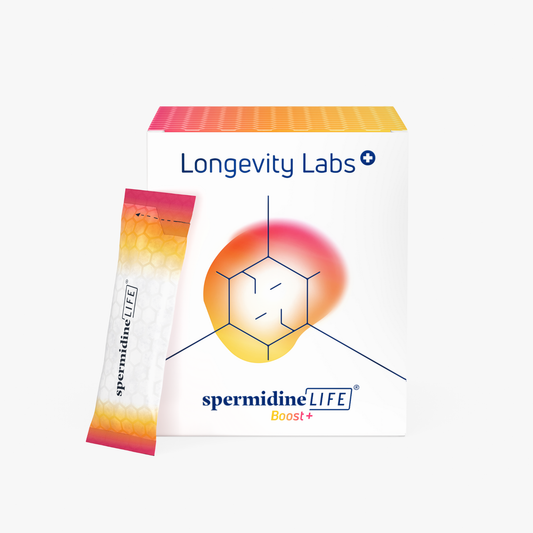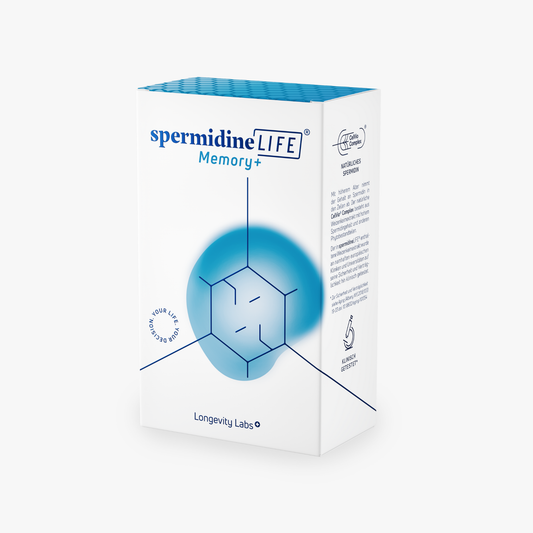
Anti-Aging Research Is Booming: Will We Live to 150 Soon?
Science, TLL LongevityLabsAnti-aging medicine is considered one of the up-and-coming research topics of our time. International research teams have uncovered interesting results about our cells and their aging process in recent years. We collected some impressions.
In 2018, Citigroup, one of the largest financial service providers globally, published a top 10 list of up-and-coming research topics. Those included: anti-aging medicine! In the respective study, they wrote: “The science and technology for developing treatments has advanced rapidly in recent years. Anti-aging drugs will soon become a reality.”
One of the technologies required is a novel method which provides us detailed knowledge about the processes inside cells for the first time. Single cell sequencing makes it possible to read the genetic material of a single cell. You practically obtain a fingerprint of the current status of the cell, says Herbert Schiller of the Institute of Lung Biology and Disease at the Helmholtz Zentrum München in Germany. This way, you can even determine which genes are currently switched on and which proteins are being fabricated in the cell. That means we can decode cell activity.
Where does this put us in researching “eternal youth”?
David Sinclaire, a leading geneticist at Harvard University, thinks it is possible that the current record of 122 years of age could soon rise to 150 years—with the administration of active substances, of course. These substances are to specifically fight the aging of the organism in our cells allowing us to age healthy.
All this is wonderful! So where can we buy these miracle substances? —It’s not quite that easy. Although we know that anti-aging is much more than wrinkle cream, nutritional supplements, and diets, we still do not know enough. The connection of the individual elements in particular remains a mystery.
We do know that aging is a dynamic process “that can be accelerated or slowed, and in some aspects even reversed,” as the molecular biologist Elizabeth Blackburn writes. In 2009, the Australian received the Nobel Prize in Medicine for her groundbreaking research in this area. She discovered the importance of so-called telomeres for cell aging. These are a sort of protective caps of our DNA that make sure that the end of our DNA strands do not get frayed, protecting them against damage.
This area of research is based on a phenomenon that was first studied systematically by the biologist Leonard Hayflick in 1961. He was observing the reproduction of human cells in his laboratory at the Wistar Institute in Philadelphia. Initially, the cells divided exponentially. But after 40 to 50 divisions, the process suddenly stopped. The cells entered a permanent state of rest.
One reason is the role of telomeres for cell protection. If their protection is worn down, the cell enters a state of rest. Researchers call this state of exhaustion ‘senescence’. The reason is basically very positive: it prevents damaged DNA in old cells from dividing and replicating. Because this causes problems.
Old cells no longer correctly understand the messages they receive and transmit them as faulty signals. This way, they cause susceptibility to pain and in some cases age-related, chronic diseases. Therefore, from today’s perspective, it seems to be important to positively influence this aging process.
International research teams are working on such drugs, which are already undergoing clinical tests in humans. The focus is on a wide variety of research topics, ranging from substances to keep stem cells fit and replicating, to agents that mimic the chemical signals of healthy stem cells, and to the supply of urgently needed nutrients for weak cells in our body.
A lot is happening internationally!
In just 2019, the biotech company Intervene Immune presented a new study at an anti-aging conference in New York, where they apparently succeeded in growing new tissue in the thymus gland—which is crucial for the immune system—in nine men between the ages of 51 and 65 years by using certain substances. What is more, during the one-year study period, the biological age of the test persons decreased by 18 months—measured based on certain features in the genetic material.
Conclusion
As promising as this may sound, we should point out that it must first be shown if the observed effect is seen in a wider target group, e.g. women. Other subfields of anti-aging research are also showing promising results. But they have one thing in common: So far, the only thing we know for certain is that it’s complicated. Because cells of one type do not always behave the same, as Herbert Schiller’s research of cell aging in mice has shown at the Institute of Lung Biology and Disease at the Helmholtz Zentrum München in Germany. So, in the coming years, some more research spirit will probably be needed to fully decode our aging process.






